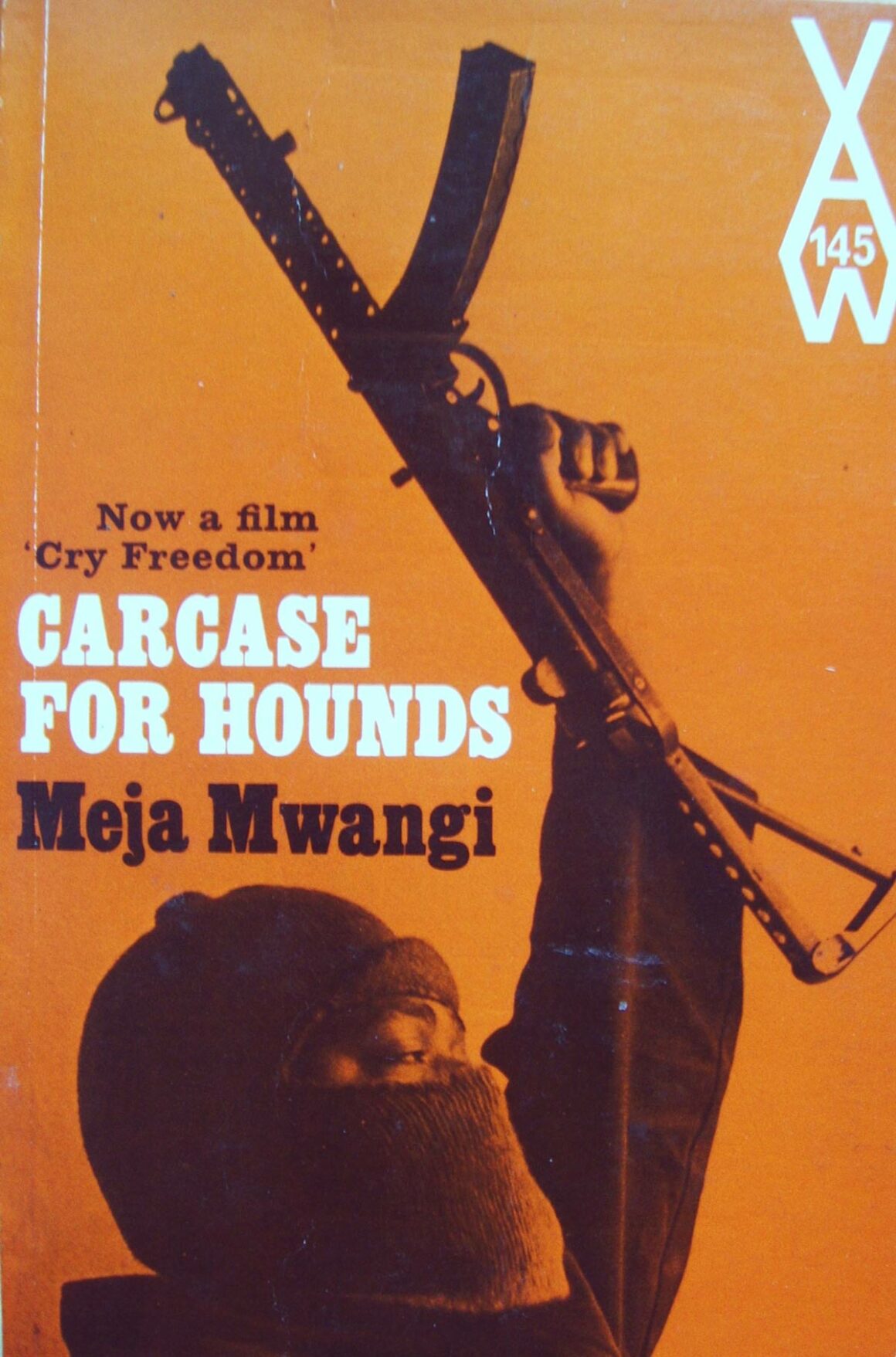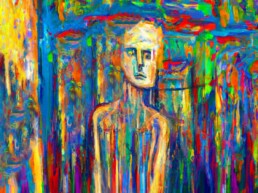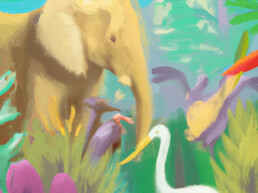In 1965, South Sudanese poet, academic, fiction writer, and critic Taban Lo Liyong dismissed the East African literary scene as a ‘wasteland’. He described it as ‘a dry, desolate, barren stretch of wilderness where literature has simply refused to sprout’. Since then, our so-called desolate wilderness of literature has given rise to many writers who have released innovative and compelling works that have resolutely challenged and upended that absurd notion. These writers have not only cultivated a rich literary landscape but have also contributed significantly to the global literary scene.
Writers from East Africa have explored a myriad of themes, from the intricacies of identity and the legacy of colonialism to the challenges of modernization and the resilience of traditional storytelling. They have innovated new fantastical worlds and given literary enthusiasts a passport to realms where imagination knows no bounds. Among the notable fiction works written by Kenyan authors, Frank Njugi highlights 10 which you ought to read at least once.
Coming To Birth – Marjorie Oludhe Macgoye
Coming To Birth was written by English-born Kenyan writer Marjorie Phyllis Oludhe Macgoye and was published in 1986. Considered a Kenyan literary classic, the book won the Sinclair Prize. It exhibits the image of women by assigning attributes like courage and strength to Paulina who is the protagonist. Marjorie also used Coming to Birth to comment on the history of Kenya as a nation emerging from the shackles of colonialism.
Carcase for Hounds – Meja Mwangi
Meja Mwangi’s Carcase for Hounds was published in 1974 and it delves into the nitty gritty of the Mau Mau liberation struggle, and also their organizational structure. The novel which was later adapted into a movie by Nigerian filmmaker and scriptwriter Ola Balogun as Cry Freedom in 1981, is known for the gritty quote, “Let’s kill him boldly but not wrathfully, Let’s carve him as a dish fit for the gods. Not hew him as a carcass fit for hounds.”
I Swear By Apollo – Margaret Atieno Ogola
Margaret Atieno Ogola’s I Swear But Apollo was written as a sequel to her renowned book The River and the Source which had won the 1995 Commonwealth Writers’ Prize. The book follows three Aids’ orphans Lisa, Johnny and Alicia alongside their aunt Wandia —a protagonist who was a character in the prequel The River And The Source as well. The narrative of the book mostly revolves the orphans as they try to understand their Luo and Kenyan identity at the dawn of the 21st century.
Aminata – Francis D. Imbuga
Aminata is a Play by Francis D. Imbuga, which he wrote in 1988. It tells the tale of a Protagonist female lawyer who is in conflict over a piece of family land and subsequently explores the question of what is the role of a woman in the society. Francis D. Imbuga presents her character as a capable and wise person, advocating for a dignity that women deserve within the African setting.
The House of Rust -Khadija Abdalla Bajaber
Set in Mombasa and written by Khadija Abdalla Bajaber who is a Mombasa-born poet and novelist of Hadrami descent, The House of Rust tells the story of a girl who goes to the sea to search for her fisherman father, accompanied by a scholar’s cat. A Bildungsroman and Magical realism book, it has been praised by critics because of how it fuses reality and elements of magic to narrate on Swahili culture and Mombasa as a place.

The Other Woman – Grace Ogot
The Other Woman is an Anthology of short stories by Grace Ogot published in 1976. Containing nine stories, the book dives into the themes of social, cultural and spiritual importance, with most of the stories containing characters whose storylines are a keen introspection of traditional Luo folklore, mythologies, and oral traditions.
Dust – Yvonne Adhiambo Owuor
Yvonne Adhiambo Owuor’s Dust is perhaps the best Kenyan book written in the 21st century. Portraying the violent history of Kenya in the second half of the 20th century through the character Odidi and his family history, the book has a poetic-prose narrative technique rarely witnessed in Kenyan books. In a book review for The Guardian, Tanzanian-born British novelist, academic and 2021 Nobel Prize for Literature Winner Abdulrazak Gurnah terms this Folio prize-shortlisted novel as a complex vision of Kenya.
Weep Not, Child – Ngũgĩ wa Thiong’o
Weep Not, Child is a novel by Ngũgĩ wa Thiong’o, published under his previous name James Ngũgĩ in 1964. Ngũgĩ wrote the novel while he was a student at Makerere University and upon publishing it made history as it was the first English novel to be published by an East African. Through a protagonist named Njoroge and his family, Ngũgĩ tries to explore the relationship between Africans and White colonial settlers, and also the co-existence of Africans with fellow Africans.
Son Of A Woman – Charles Mangua
First published in 1971, Charles Mangua’s Son Of A Woman is an autobiographical postcolonial Kenyan crime fiction novel. It features a main character named Dodge Kiunya whose story is told using a humorous and satirical approach, allegorically exploring life issues like incarceration and sex work. It is hugely acknowledged that the publication of this book marked the beginning of popular genre-literature in the country.
Across The Bridge – Mwangi Gicheru
A book written by Mwangi Gicheru and published in 1979, Across The Bridge tells the story of two characters Chuma and Caroline whose life stories become a medium for exploring love, poverty, wealth and interpersonal relationships in general. This near steamy novel is renowned for being considered a must read by young Kenyans in the final quarter of the 20th century.
Frank Njugi
Frank Njugi is a Kenyan Writer, Page Poet, Culture Journalist and Critic. He has written for platforms such as Debunk Media, The Standard Kenya Newspaper, Sinema Focus, Afrocritik, The Cauldron,The Moveee, Africa in Dialogue, Brittle Paper, Salamander Ink Magazine and others. He tweets as @franknjugi






